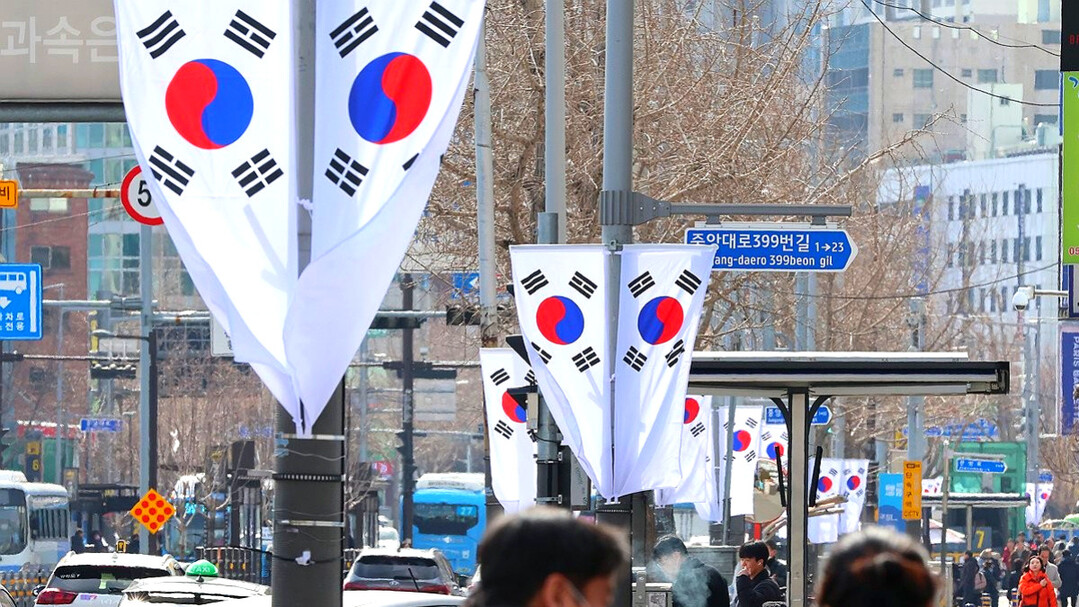
Seoul, South Korea – A culinary revolution is sweeping South Korea's tourism landscape, with a recent survey revealing that the allure of authentic Korean food has surpassed traditional favorites like shopping as the primary motivation for foreign visitors. The 2024 Foreign Tourist Survey by the Korea Tourism Organization highlights a significant shift: a remarkable 63.9% of respondents now cite "food and gourmet touring" as their main reason for visiting the nation.
This gastronomic surge is deeply intertwined with the global phenomenon of "Hallyu" or the Korean Wave. Popular K-dramas, such as "Extraordinary Attorney Woo," have propelled dishes like Gimbap into international consciousness, leading to unprecedented demand and even sell-outs in major overseas retailers. Similarly, captivating TikTok videos showcasing the sizzle of Samgyeopsal (grilled pork belly) have garnered over 5 billion views, transforming Korean food from onscreen curiosity to a real-world culinary quest.
The growing appreciation for Korean cuisine extends beyond casual dining to the realm of fine dining. Seoul, a fixture in the Michelin Guide since 2017, now boasts 37 Michelin-starred restaurants, while Busan is rapidly emerging as a new gourmet hub with its own Michelin recognition. This elevation to "high-end cuisine" status further solidifies Korea's position as a premier food destination.
The impact of K-food is also evident in consumer spending. Data from Shinsegae Duty Free indicates that during recent holidays, foreign visitors predominantly purchased Korean food items like Gochujang, Spam, and Honey Butter Almonds. Japanese tourists showed a particular fondness for traditional snacks such as Yakgwa (honey cookies) and Gim (seaweed), while Southeast Asian visitors explored a wider variety of Korean food products.
Beyond tourism, Korean food products are making significant inroads into global markets. Exports of Korean sauces to the Middle East, including Gochujang and Buldak sauce, soared by 44% year-on-year to approximately $770,000 by April, signaling a rise in home-cooking with Korean ingredients. The increasing presence of high-end Korean restaurants, particularly in the UAE, underscores the growing desire to experience Korean culture through its diverse and flavorful cuisine.
As K-content continues to captivate global audiences, the intrinsic link between screen and plate is driving an unprecedented interest in Korean food. It's clear that for many, a visit to Korea is no longer just about sightseeing; it's an immersive journey into a vibrant culinary world where every dish tells a story.
[Copyright (c) Global Economic Times. All Rights Reserved.]



























